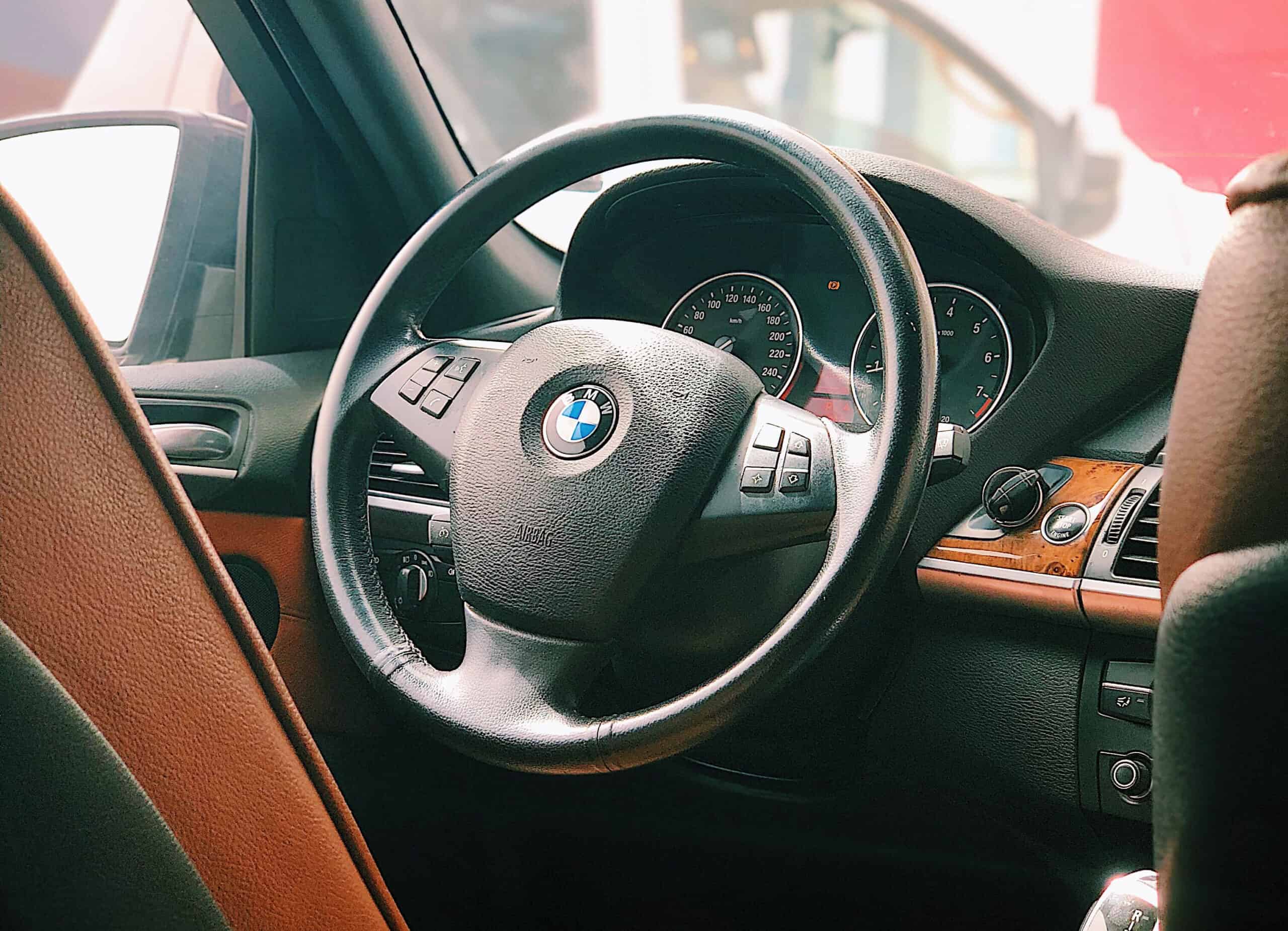Irregular knocking in the BMW engine – what is the cause?
BMW driver question
I have owned a BMW E91 for a year and a half. I have scrolled through the forums and YouTube and have not found a definite cause for the knocking in my engine. I have read various diagnoses that pointed to problems with:
- pan,
- valves,
- injectors,
- water pump,
- loose plugs,
- cracked blocks,
- bad oil,
- pulley,
- worn wedge on the crankshaft
- timing.
In my BMW, the fault appears only on a warmed-up engine at minimum revs and after driving about 30-60 km. When adding gas the knock subsides. On a cold engine their complete absence.
The engine temperature when driving about 100-140 km/h is 88-94°C. After trips at a standstill, the temperature is 91-98°C. Auto, does not lose power at all. No leaks of any kind. The car has been driven 176,000 km.
All filters along with oil were changed 6000 km ago. The plugs are new along with the module, all injectors checked. Oil thickener poured in to rule out the pan completely. Cylinder compression checked. The only fault that remains is the pulley and belt to be replaced. A momentary belt squeal can be heard on startup and when the air conditioner is turned on, for example. The sounds are not heard from the wheel side. Yesterday I changed the oil again and the rattling stopped 80% of the time.
Now the rattling remains after a major trip and sometimes while driving.
Please help.
The problem was with a 2007 BMW E91 320d with the N47 2.0 Diesel engine, but it happens in other models as well.
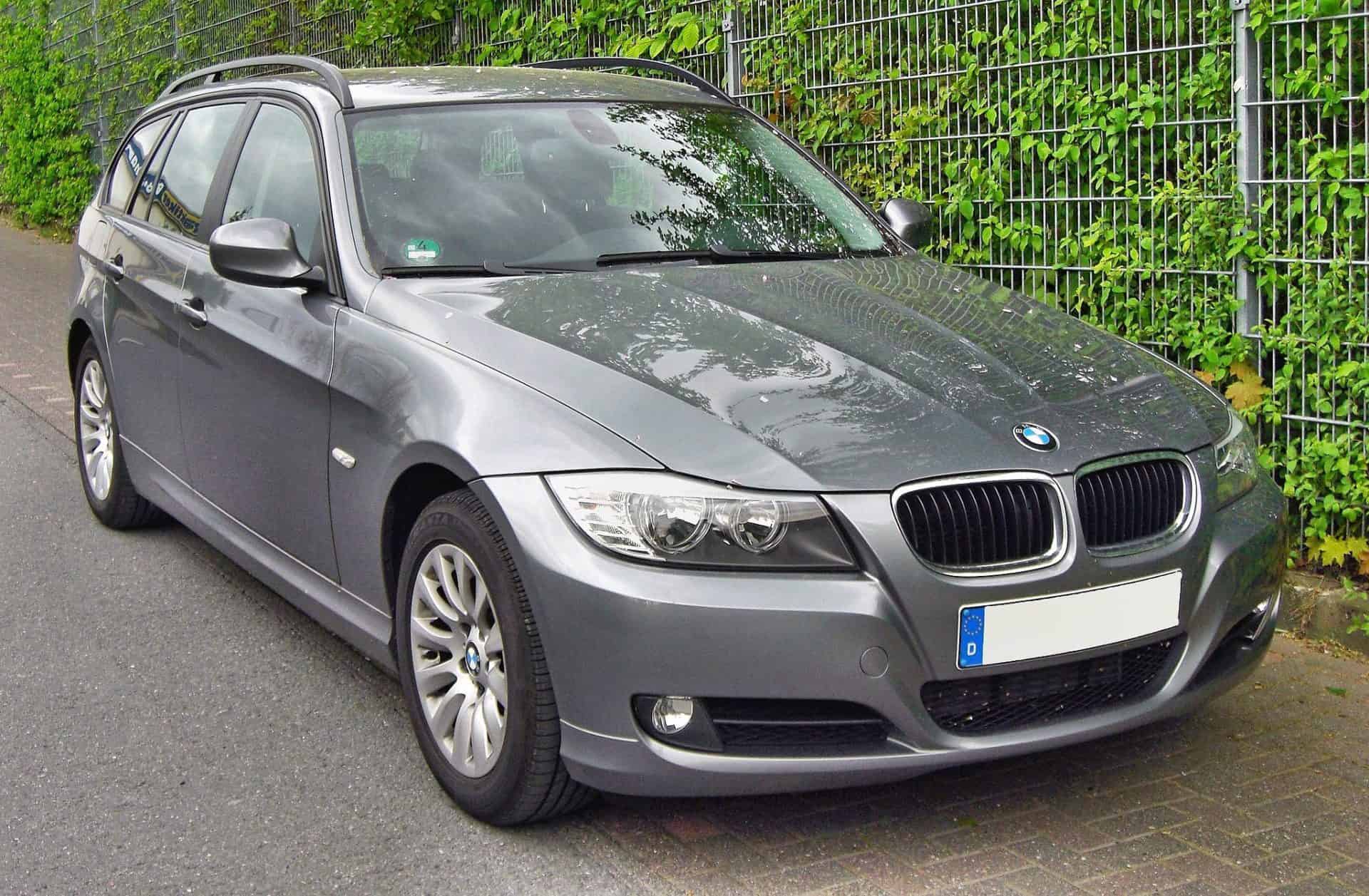
BMW 3 E91
Response from BM Cars service
Problems with the listed components are the most common malfunctions associated with knocking sounds coming from the engine during operation. Accurate verification of the source of the sounds always requires disassembly of the engine components and verification of its condition. Without such an operation, any diagnosis will be just a guess with a greater or lesser chance of being hit.
A very common source of sounds/noises in the engine in addition to the pan are also piston pins. This component will not be verified in any way without disassembling the engine. If the pulley is, according to your description, very loose and causing belt slippage, we suggest replacing it as soon as possible. Rubbing/impacting the metal rim of the pulley against the engine block is common.
We also recommend not using any engine oil “thickening” preparations. Changing the oil viscosity parameters in this engine can quickly lead to damage to the turbocharger, and the use of such a “preparation” does not at all guarantee the elimination of damage to the pan.
Assessment of their degree of wear is also possible only after a full diagnosis.
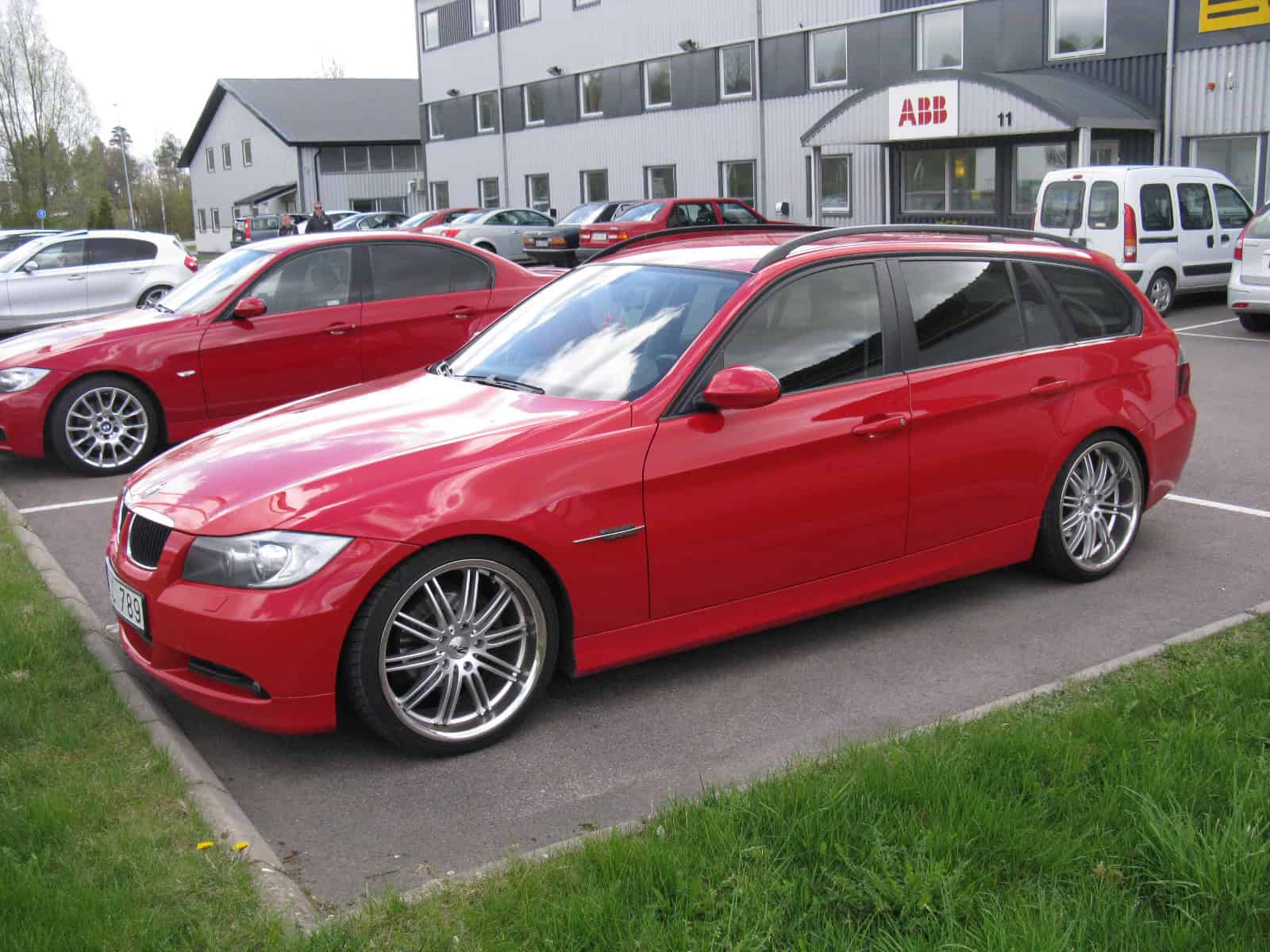
BMW 320d Touring E91 | By nakhon100[CC BY 2.0]
Other BMW tips related to the topic at hand
- What are the consequences of amateur engine replacement in BMW and how to fix them?
- Jerking of the transmission
- Blocking the accelerator pedal slightly
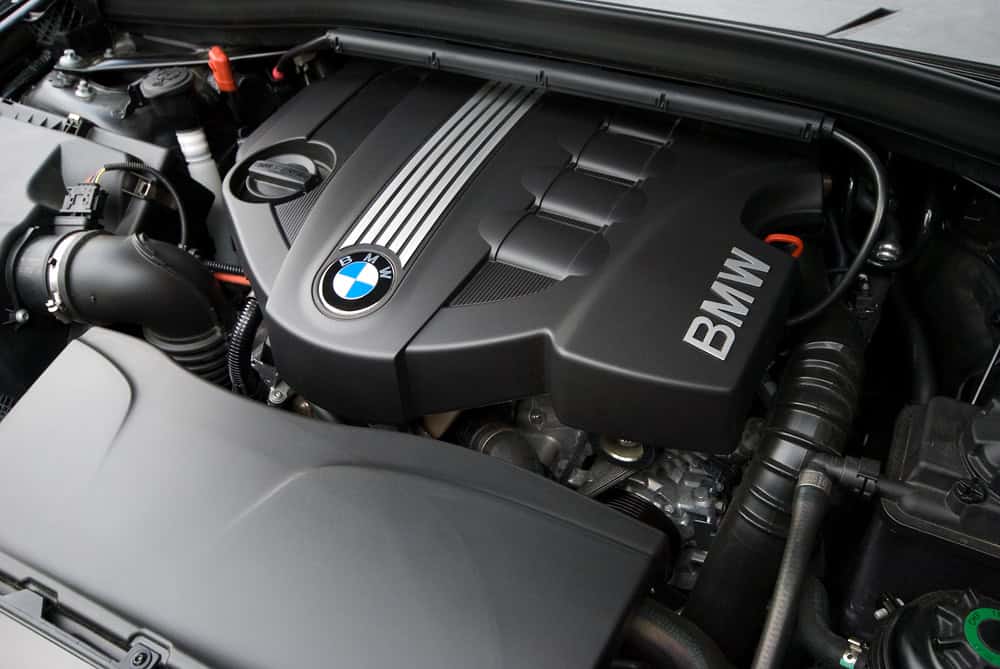
N47 – Diesel engine (Diesel) in BMW
Read more tips and ask your own question
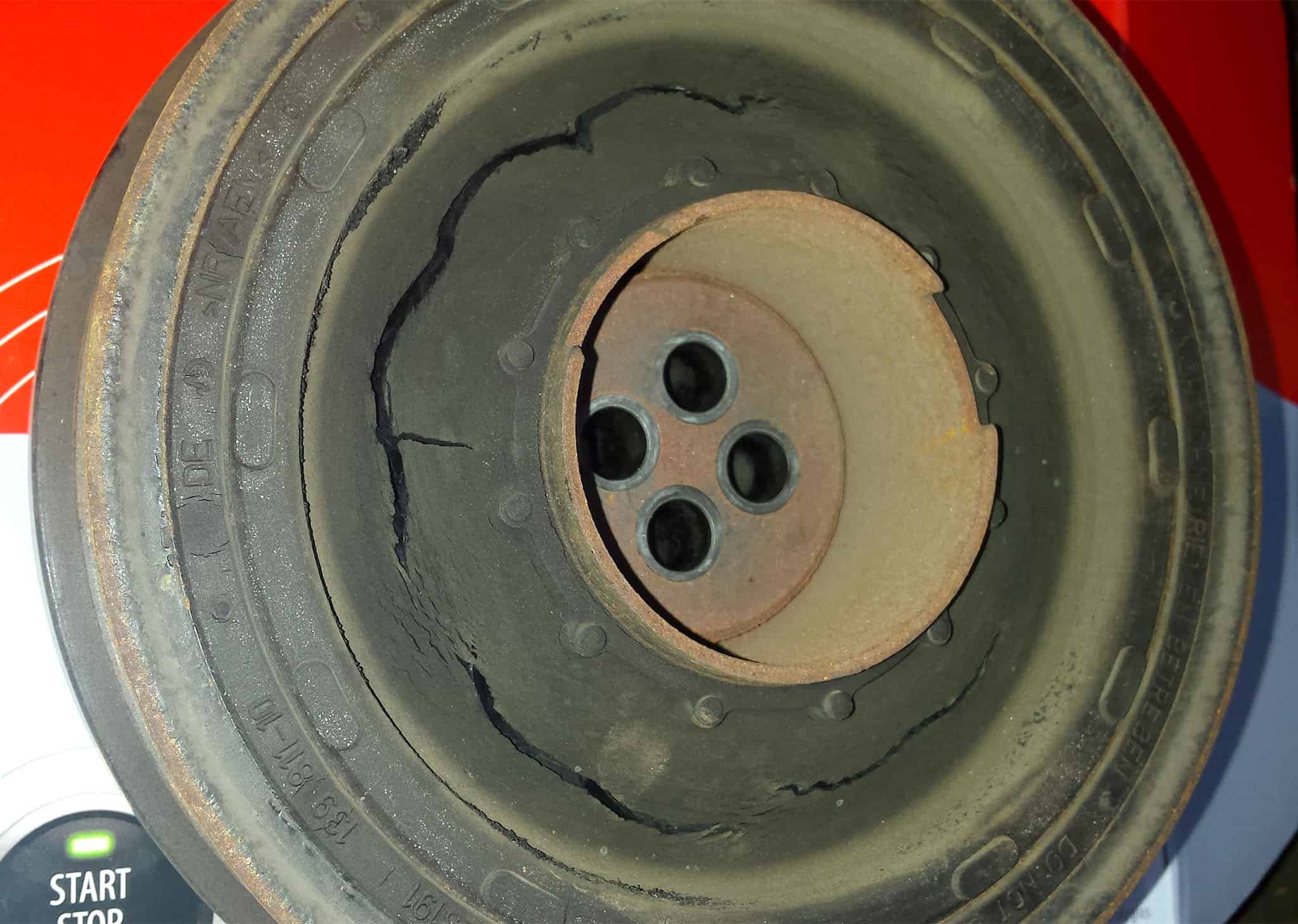
BMW pulley


